Best Practices for Avoiding a Licensing Complaint as a General Contractor in North Carolina
General contractors in North Carolina face strict oversight from the North Carolina Licensing Board for General Contractors. Licensing complaints can threaten not only your business, but also your professional reputation.
The most common reasons contractors get into trouble include:
Failing to obtain required permits
Not ensuring construction meets building code requirements
Improperly renting out or “lending” their license to smaller businesses or entrepreneurs they are trying to help
The good news? Many of these issues can be prevented. Here are some best practices that lawyers often recommend to contractors who want to protect their licenses.
1. Hire Trusted Employees and Verify Their Work
In construction, it’s common for contractors to rely on employees to handle permitting. But permits are your responsibility as the license holder. Too often, employees don’t fully understand the importance of securing permits — and one missed permit can put your license at risk.
Best practice: Build a system to verify that permits are obtained before any project begins. Trust your team, but always verify their work to protect your license.
2. Build Strong Relationships
Your reputation and relationships matter. Maintaining positive connections with homeowners, subcontractors, and local permitting officials can go a long way. When issues arise — and they will — people are far more likely to give you the chance to correct mistakes if they trust you.
Even when a client is difficult or overly demanding, it’s important to stay calm and professional. Losing your temper or ignoring concerns can turn a small problem into a formal complaint before the Board.
Best practice: If you make a mistake, own it and fix it. Taking responsibility early can prevent bigger problems later.
3. Be Cautious When Mentoring or Helping Entrepreneurs
Many established contractors want to help smaller businesses or new entrepreneurs by consulting with them or allowing them to use their license on projects. While this may seem generous, it can create serious legal risks if the unlicensed individual is not properly supervised.
As the licensed professional, you are ultimately responsible for the project. If violations occur — whether related to permits, safety, or building code — the Licensing Board will hold you accountable.
Best practice: Never allow your license to be used without proper oversight. Always maintain supervision, documentation, and direct involvement in projects where your license is tied.
Protecting Your Contractor’s License in North Carolina
These are some of the most common reasons North Carolina general contractors face licensing complaints. Once a complaint is filed, the process can be stressful and the outcomes uncertain.
Working with an experienced North Carolina licensing defense attorney can help you protect your license at every stage — from drafting a written statement to representing you before the Board. The earlier you involve a lawyer, the better chance you have of protecting both your license and your livelihood.
This is not legal advice. If you do need legal representation call the office at: 919-616-3317

